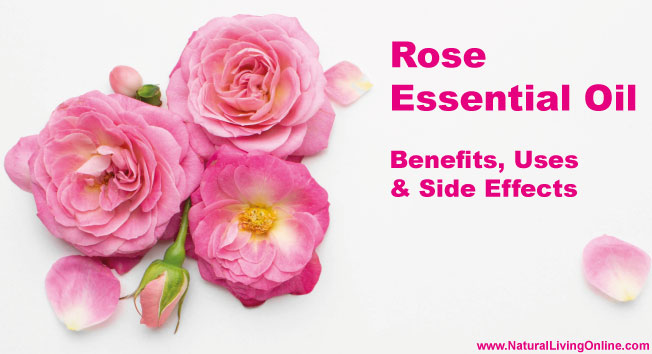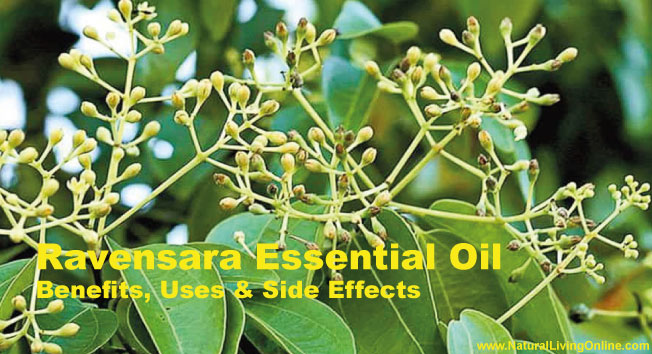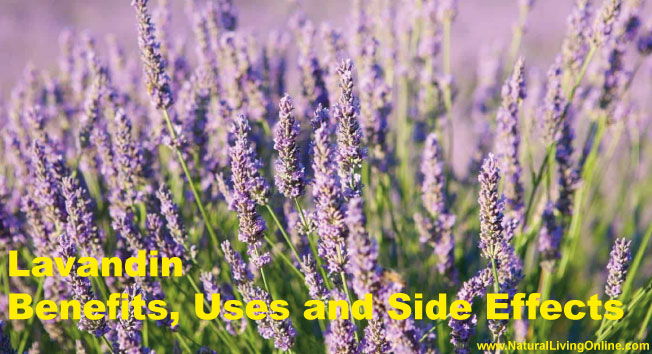Douglas fir essential oil has a fresh, woodsy scent and is used in aromatherapy for its many benefits. The oil can help to ease anxiety and stress, improve sleep, and boost energy levels. It is also used to treat respiratory conditions such as bronchitis, coughs, and colds. The Douglas fir tree is native to North America and grows in the Rocky Mountain region. The oil is extracted from the needles and twigs of the tree.
What is Douglas Fir?
Douglas fir (Pseudotsuga menziesii) is a species of conifer in the Pinaceae family. The tree is native to North America and grows in the Rocky Mountain region. The oil is extracted from the needles and twigs of the tree.
Different types of Douglas Fir:
The species is divided into two subspecies:
Coast Douglas fir (P. menziesii var. menziesii) – found in the west coast of North America, from British Columbia to California.
Rocky Mountain Douglas fir (P. menziesii var. glauca) – found in the Rocky Mountains of North America, from Idaho to New Mexico.
The two subspecies are further divided into five varieties:
Coast Douglas fir (P. menziesii var. menziesii) – found in the west coast of North America, from British Columbia to California.
Rocky Mountain Douglas fir (P. menziesii var. glauca) – found in the Rocky Mountains of North America, from Idaho to New Mexico.
Mexican Douglas fir (P. menziesii var. lindleyana) – found in Mexico.
Guatemalan Douglas fir (P. menziesii var. guatemalensis) – found in Guatemala.
Ecuadorian Douglas fir (P. menziesii var. equadoriensis) – found in Ecuador.
How Douglas Fir Essential Oil is made?
The oil is extracted from the needles and twigs of the tree. The extraction process can be done via steam distillation or cold pressing.
What is the botanical name of Douglas Fir?
Pseudotsuga menziesii
The chemical constituents of Douglas Fir essential oil (Douglas Fir Essential Oil Monograph):
alpha-Pinene – 5.4%
beta-Pinene – 2.9%
beta-Myrcene – 2.6%
Limonene – 0.8%
Caryophyllene oxide – 0.7%
alpha-Terpinolene – 0.6%
trans-Caryophyllene – 0.4%
alpha-Terpineol – 0.3%
Longifolene – 0.1%
alpha-Phellandrene – 0.1%
Sabinene – 0.1%
gamma-Terpinene – trace
delta-3-Carene – trace
beta-Phellandrene – trace
What are the benefits of Douglas Fir Essential Oil?
The oil has many benefits and is used in aromatherapy for its ability to:
Ease anxiety and stress
Improve sleep
Boost energy levels
Treat respiratory conditions such as bronchitis, coughs, and colds
α- and β-pinene, main constituents of Douglas Fir essential oil have wide range of pharmacological activities, including antibiotic resistance modulation, anticoagulant, antitumor, antimicrobial, antimalarial, antioxidant, anti-inflammatory, and analgesic effects.
Source
What are the side effects of Douglas Fir essential oil?
The oil is generally considered safe when used as directed. However, there are some side effects that have been reported, such as:
Skin irritation
Allergic reactions
Nausea
Headaches
Dizziness
Possible drug interactions:
The oil should not be used if you are taking any medications that thin the blood, such as aspirin or warfarin. It is also not recommended for use if you have high blood pressure or are pregnant or breastfeeding.
As with any essential oil, it is always best to speak with your healthcare provider before using it, particularly if you have a medical condition.
What are ways to use Douglas Fir Essential Oil?
The oil can be used in a diffuser or added to a carrier oil and applied to the skin. It can also be added to baths or used in massage.
When diffusing, it is recommended to use 3-5 drops of oil per 100ml of water. For skin application, it is recommended to use a 1-2% dilution, which would be 3-6 drops of oil per ounce of carrier oil.
For baths, you can add 5-10 drops of oil to the tub. For massage, it is recommended to use a 1-2% dilution, which would be 5-10 drops of oil per ounce of carrier oil.
Douglas Fir essential oil should not be used by:
Pregnant or breastfeeding women
People who are taking blood thinning medications
People with high blood pressure
Can I use Douglas Fir Essential Oil internally?
No, it should not be used internally.
How can I use Douglas Fir Essential Oil topically?
The oil can be added to a carrier oil and applied to the skin. It is also used in massage.
When using topically, it is recommended to use a 1-2% dilution, which would be 3-6 drops of oil per ounce of carrier oil.
How Douglas Fir Essential Oil helps in aromatherapy?
Douglas Fir essential oil has many benefits and is used in aromatherapy for its ability to:
Ease anxiety and stress
Improve sleep
Boost energy levels
Treat respiratory conditions such as bronchitis, coughs, and colds
Great Essential Oil diffuser blends for aromatherapy with Douglas Fir Essential Oil:
1. Energizing: Douglas Fir, Orange, Peppermint
2. Relaxing: Douglas Fir, Lavender, Bergamot
3. Uplifting: Douglas Fir, Grapefruit, Lemon
4. Immune booster: Douglas Fir, Tea Tree, Frankincense
5. Respiratory relief: Douglas Fir, Eucalyptus, Peppermint
6. Stress relief: Douglas Fir, Chamomile, Clary Sage
7. Mood booster: Douglas Fir, Bergamot, Ylang Ylang
How can I use Douglas Fir Essential Oil in bath?
The oil can be added to the bathtub. It is recommended to use 5-10 drops of oil per tub.
Historical use of Douglas Fir as a herbal medicine:
Douglas Fir trunk produces a resin which has been used historically as a herbal medicine. The resin was used to treat wounds, burns, and skin conditions. It was also taken internally for respiratory conditions such as bronchitis and coughs. However you should not use it internally without doctor’s recommendation.
What blends well with Douglas Fir Essential Oil?
The oil blends well with Bergamot, Chamomile, Clary Sage, Eucalyptus, Grapefruit, Lavender, Lemon, Orange, Peppermint, Tea Tree, and Ylang Ylang.
What does not blend well with Douglas Fir Essential Oil?
There are no known oils that do not blend well with Douglas Fir.
How long does Douglas Fir Essential Oil last?
The oil will last for 2-3 years when properly stored.
What does Douglas Fir Essential Oil smell like?
The oil has a fresh, woody, and earthy scent.
Can I make Douglas Fir Essential Oil at home with infusion method?
No, the oil cannot be made at home. It can only be produced commercially.
Is Douglas Fir Essential Oil safe for kids?
The oil is generally safe for kids when used properly. However, it should not be used on children under the age of 5. It should also be diluted properly when used on children over the age of 5. It is always best to consult with a healthcare provider before using any essential oil on children.
Can Douglas Fir Essential Oil be used on pets?
Yes, the oil can be used on pets. It is recommended to use a 1-2% dilution, which would be 3-6 drops of oil per ounce of carrier oil. It is always best to consult with a veterinarian before using any essential oil on pets.
DIY recipes using Douglas Fir Essential Oil:
Detox Bath Salt:
1 cup Epsom salt
1 cup baking soda
10 drops Douglas Fir essential oil
Instructions:
Add all ingredients to a jar and mix well. Add 1-2 cups of the salt to a warm bath and enjoy.
Foaming Hand Soap:
1/2 cup liquid castile soap
1/2 cup water
1 teaspoon olive oil
10 drops Douglas Fir essential oil
Instructions:
Add all ingredients to a foaming soap dispenser and shake well. Use as you would regular hand soap.
Invigorating Body Scrub:
1/2 cup sugar
1/4 cup olive oil or coconut oil
10 drops Douglas Fir essential oil
Instructions:
Add all ingredients to a jar and mix well. Wet skin in the shower and apply scrub. Rinse well.
Refreshing Room Spray:
1 cup water
10 drops Douglas Fir essential oil
Instructions:
Add all ingredients to a spray bottle and shake well. Spray in any room that needs a fresh, clean scent.
Stress Relief Massage Oil:
1/4 cup carrier oil such as jojoba oil or sweet almond oil
10 drops Douglas Fir essential oil
10 drops Lavender essential oil
Instructions:
Add all ingredients to a glass bottle and shake well. Use as you would any massage oil.
Douglas Fir Essential Oil is a great way to enjoy the benefits of aromatherapy. The oil can be used in a diffuser, added to bath water, or made into homemade products. The oil has a fresh, woody, and earthy scent that can be used to create many different recipes.
This website does not provide medical advice.
All information provided on this website, and on associated social media networks, including but not limited to texts, images, and numbers are for general information purpose only. It is not intended as medical advice and it does not include all possible precautions, side effects, or interactions that may occur. Neither NaturalLivingOnline.com nor its author/founder take responsibility for how you use this information. Statements contained on NaturalLivingOnline.com have not been evaluated by the FDA. You should conduct thorough research via multiple sources and consult your physician or qualified doctor before using any essential oil or herbal remedy. Information on NaturalLivingOnline.com must not be relied upon for medical, legal, financial or other decisions.













